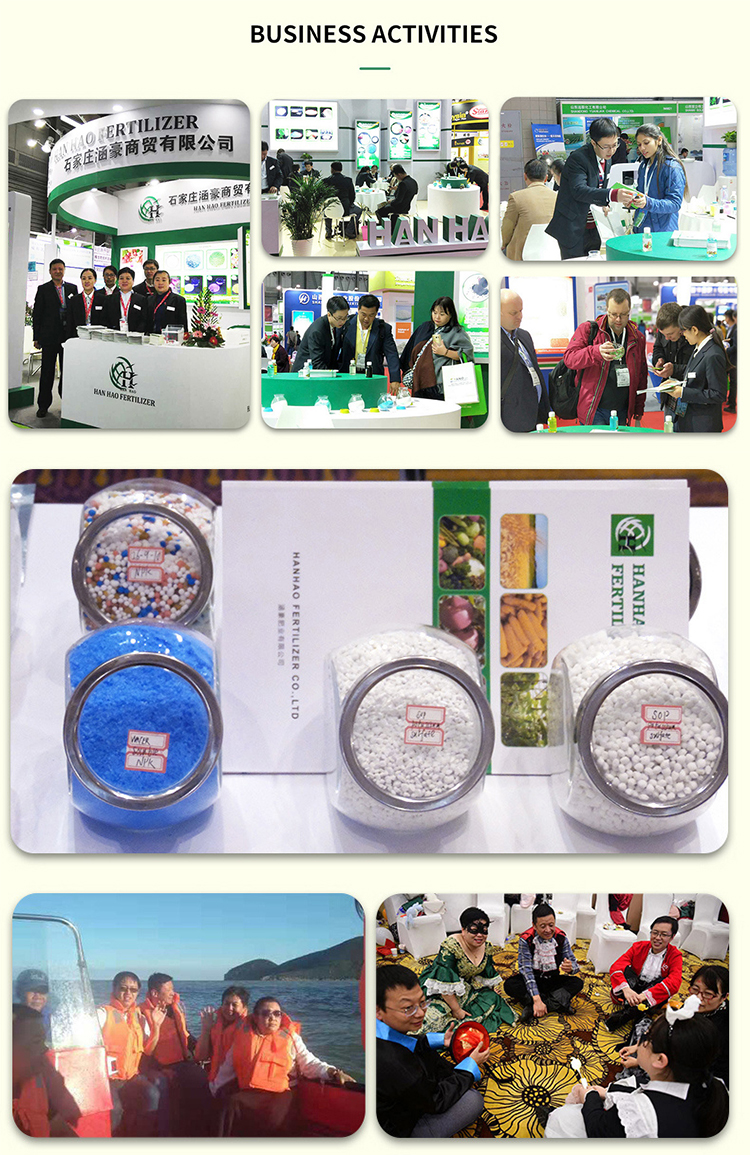
Aug . 19, 2024 04:55 Back to list
Top Slow Release Organic Fertilizers for Healthy and Thriving Plants
The Benefits of Best Organic Fertilizer for Slow Release
In recent years, the focus on sustainable agriculture and gardening practices has increased significantly, leading many to seek the best organic fertilizers that offer slow-release properties. Organic fertilizers derived from natural sources not only enhance soil fertility but also promote environmental health by reducing chemical runoff. This article delves into the benefits of slow-release organic fertilizers and why they are an optimal choice for gardeners and farmers alike.
Understanding Slow Release Fertilizers
Slow-release fertilizers are designed to provide nutrients to plants gradually over an extended period. Unlike conventional fertilizers that deliver a quick burst of nutrients, which can lead to nutrient leaching and environmental pollution, slow-release organic fertilizers release their nutrients in a controlled manner. This slow release aligns more closely with plant uptake, ensuring that the nutrients are available when the plants need them most, which is typically during growth phases.
Benefits of Slow-Release Organic Fertilizers
1. Improved Nutrient Availability One of the primary advantages of slow-release organic fertilizers is their ability to improve nutrient availability over time. By releasing nutrients gradually, these fertilizers minimize the risk of nutrient leaching and maximize the efficiency of nutrient usage by plants. This ensures that crops and garden plants receive consistent nourishment throughout their growth cycle.
2. Enhanced Soil Health Organic fertilizers are rich in organic matter, which is vital for maintaining healthy soil biology. They stimulate the growth of beneficial microorganisms, enhancing soil structure and fertility. Healthy soil not only supports plant growth but also contributes to improved water retention and reduced erosion.
best organic fertilizer slow release

3. Environmental Benefits The use of organic fertilizers is far less harmful to the environment than synthetic alternatives. Slow-release organic fertilizers reduce the risk of nutrient runoff into waterways, which can cause harmful algal blooms and contaminate drinking water sources. By adopting slow-release options, gardeners and farmers can contribute to a more sustainable ecosystem.
4. Less Frequent Application Another significant benefit is the reduced need for frequent applications. Since slow-release organic fertilizers can nourish plants for extended periods, gardeners can save time and labor. This convenience allows for more efficient management of crops and gardens, freeing up time for other essential tasks.
5. Capitalizing on Residual Nutrients Slow-release fertilizers often provide residual nutrients, allowing plants to draw on these resources over time. This ensures that even after the initial application, plants can access essential nutrients, promoting healthy growth and optimal yields.
Choosing the Right Slow-Release Organic Fertilizer
When selecting the best organic fertilizer with slow-release properties, several options are available, including compost, manure, and commercially available organic fertilizers formulated for slow release. It's essential to consider the specific nutritional needs of your plants and the soil's current nutrient levels. Conducting a soil test can provide valuable insights that guide your fertilizer choice.
In conclusion, the best organic fertilizers that offer slow-release capabilities play a crucial role in sustainable gardening and farming practices. By providing consistent nutrient supply, enhancing soil health, and minimizing environmental impact, these fertilizers are a smart choice for anyone looking to cultivate healthy plants. Embracing slow-release organic fertilizers not only benefits your garden but also contributes to a greener and healthier planet. Whether you are a seasoned gardener or a novice, integrating these fertilizers into your routine can lead to fruitful and sustainable results.
-
10 10 10 Fertilizer Organic—Balanced NPK for All Plants
NewsJul.30,2025
-
Premium 10 10 10 Fertilizer Organic for Balanced Plant Growth
NewsJul.29,2025
-
Premium 10 10 10 Fertilizer Organic for Balanced Plant Growth
NewsJul.29,2025
-
Premium 10 10 10 Fertilizer Organic for Balanced Plant Growth
NewsJul.29,2025
-
50 Pound Bags of 13-13-13 Fertilizer for All Plants – Bulk & Organic Options
NewsJul.28,2025
-
High-Efficiency 15-30-15 Granular Fertilizer for Healthy Crops
NewsJul.28,2025
